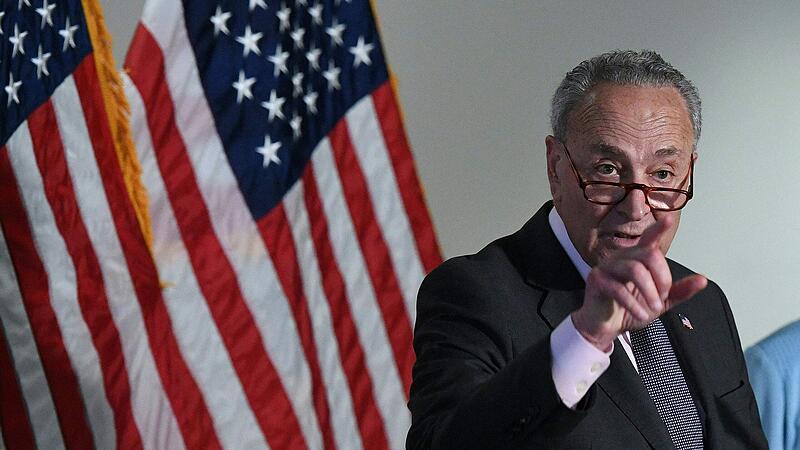When the civil rights laws ending segregation in the United States reached the venerable chamber in 1957, South Carolina’s Strom Thurmond walked down the hallway of the US Senate. The Southern politician quoted from the Constitution, read the Declaration of Independence, read at length from a Supreme Court ruling and the Bible; among other things. Anything to prevent the Senate vote on black suffrage.
After 24 hours and 18 minutes the spook was over. What remains is the record of the longest “filibuster” in US history. This refers to a Senate rule introduced many years after the US Congress was constituted in 1804, which allowed a single senator to speak as long as he wished. And thereby stop a vote on a law.
“Filibuster” has its roots in the Dutch word “freebooter” and the Spanish “filibusteros”, which means “pirate”, and alludes to the buccaneering behavior of the senators.
In 1917, the Senate agreed to “Rule 22”, which allowed a two-thirds majority of the 100 senators to force an end to the debate. Since another change in 1975, only 60 out of 100 senators were required for this.
In this century, exceptions were added to the confirmation of judgeships and electoral officials, which can be confirmed with 51 votes since then. For everything else, the “filibuster” remained something like the graveyard of great campaign promises made by presidents. The majority leader of the Senate Democrats, Charles Schumer, wants to use a procedural trick to force the opening of the debate on the blocked election laws. The issue is the guarantee of free and fair elections in all 50 states. Above all in the 19 states that decided on restrictions after Donald Trump’s defeat in the presidential elections.
Schumer gives the Republicans until Monday, the holiday of civil rights activist Martin Luther King, to end their “filibuster”. After that he threatened with the “nuclear option” of a rule change. Black civil rights activist Jim Clyburn, who is part of the Democrat leadership in the House of Representatives, reminds the procrastinators in the 50-50 split Senate, Joe Manchin and Kyrsten Sinema, that the black suffrage amendment was not bipartisan. “It was the votes of a single party that gave black people the right to vote.”
Necessary majority questionable
Manchin and Sinema’s argument that the founding fathers wanted the “filibuster” as a safeguard against the tyranny of the majority is, according to experts such as Norm Ornstein, more than fuzzy. “The filibuster did not exist at the founding of this institution.” And it is certainly not part of the constitution.
Whether Schumer will get the necessary majority to change the rules of procedure is an open question. This would require the votes of 50 senators and Vice President Kamala Harris. (span)
Source: Nachrichten




